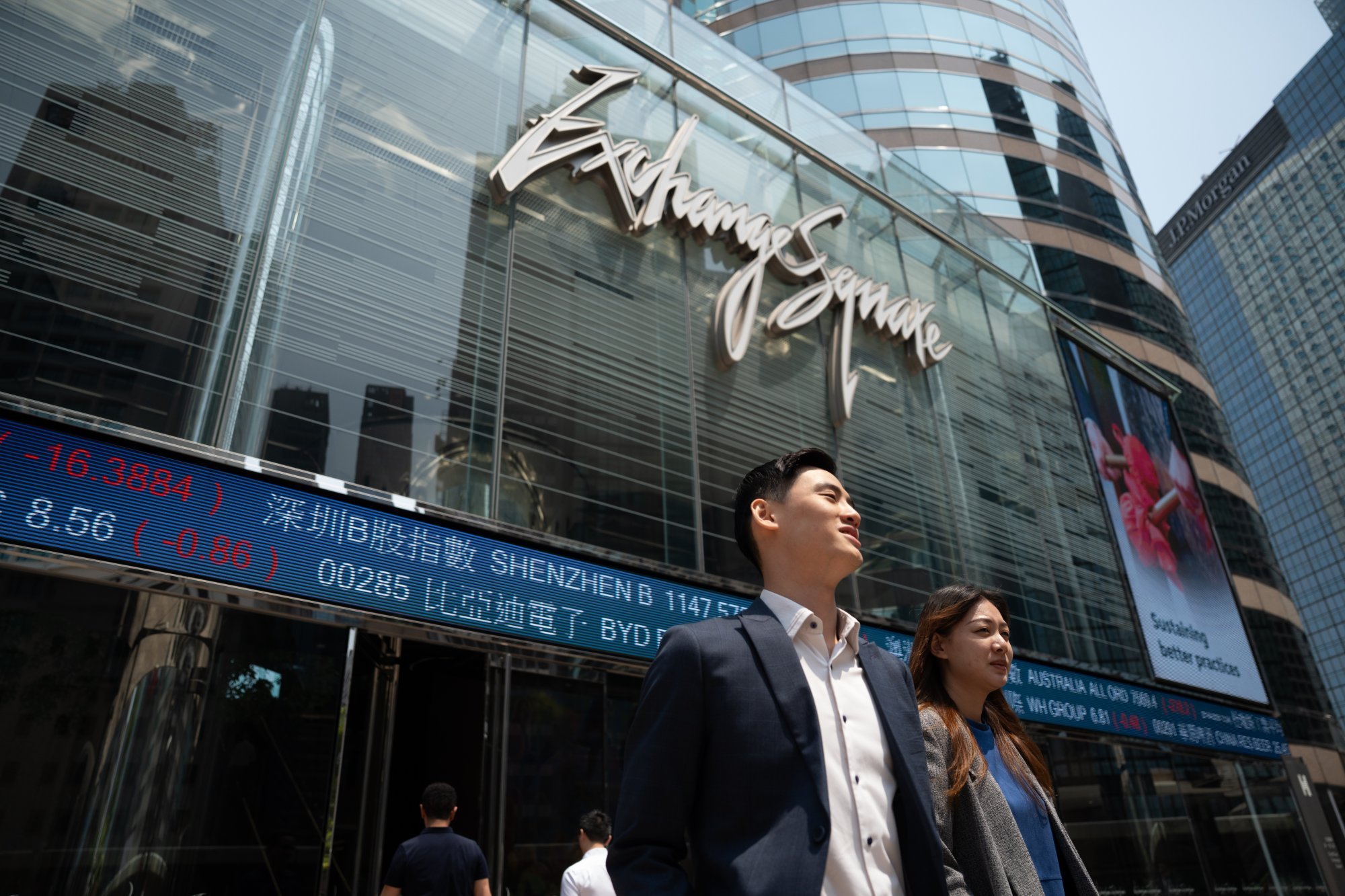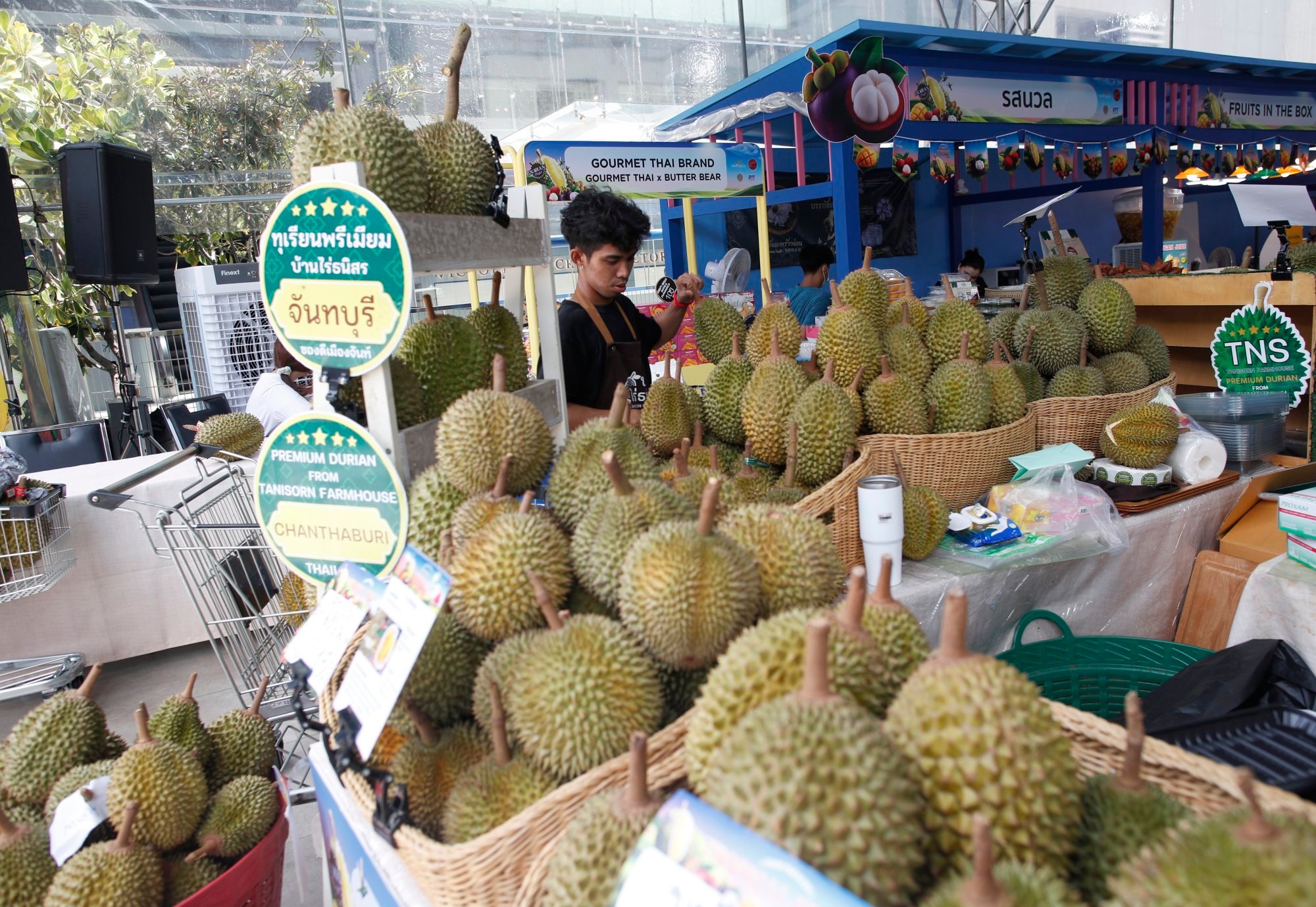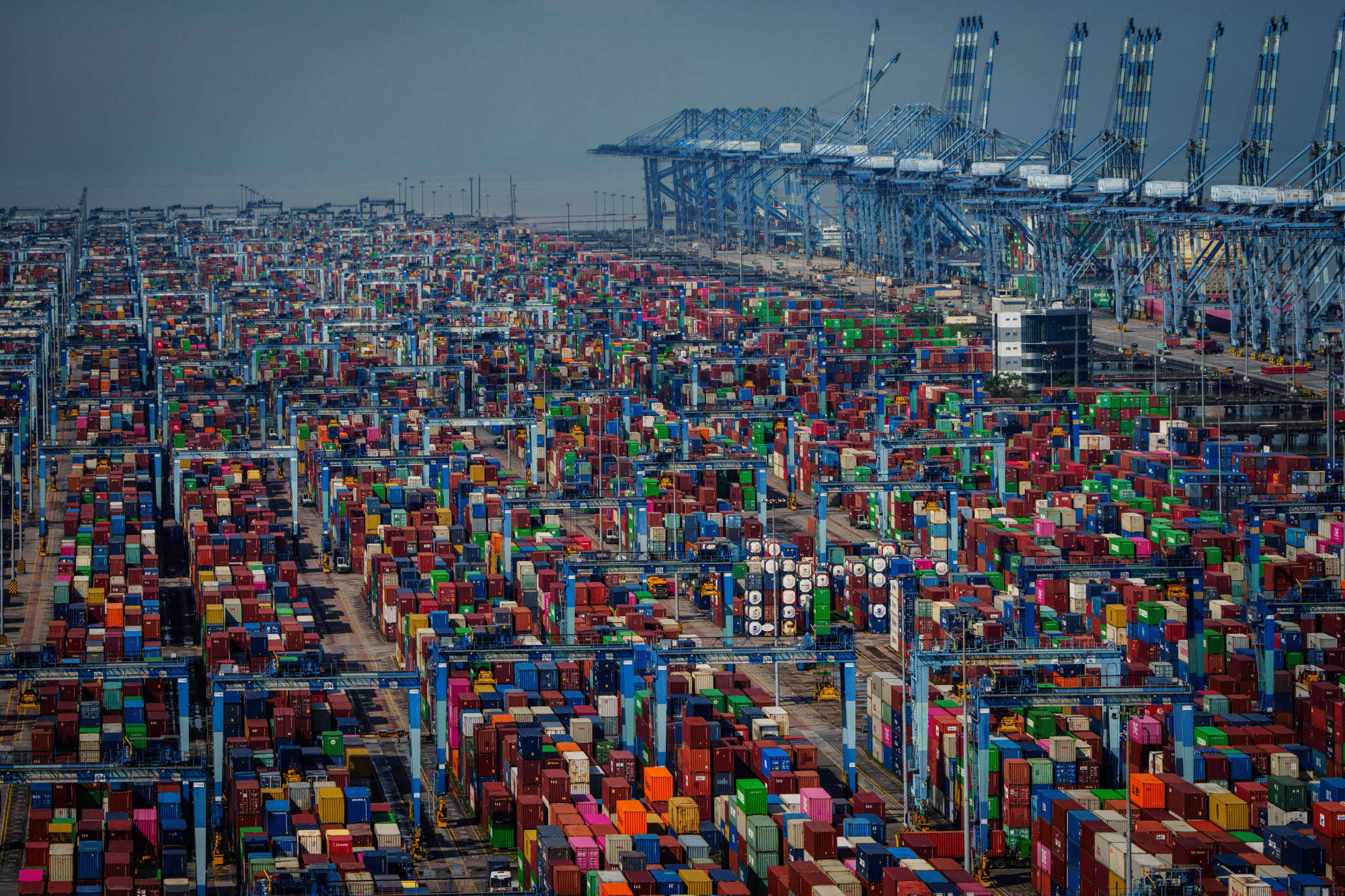Stronger Asian currencies a mixed blessing for region’s property markets
While currency appreciation may provide relief for property investors, economies reliant on trade and tourism should proceed with caution

When US President Donald Trump announced now-suspended swingeing “reciprocal” tariffs on nearly all America’s trading partners on April 2, Asian economies – which account for seven of the 10 economies with the largest bilateral trade surpluses with the United States – were singled out for punishment.
To some currency analysts, Trump’s tariff blitz added to the strain on the region’s currencies, which had caused the Bloomberg Asia Dollar Index – a gauge of the performance of leading Asian currencies against the US dollar – to fall to a 19-year low in early January.
Yet shortly after Trump unveiled his tariffs, Asian currencies began to appreciate in one of the most unexpected developments in markets since the onslaught of protectionism began. Bloomberg’s Asian currency index is up over 3 per cent since April 9 despite numerous climbdowns on trade by Trump.
The combination of the drop in the US dollar due to concerns about its safe-haven status, Asian companies’ sudden unwinding of some of their unhedged holdings of dollar assets, and speculation that Asian governments will allow their currencies to appreciate to avoid punitive tariffs, has reversed a long period of currency weakness in the region.
This could be a foretaste of things to come. In a report on May 6, Eurizon SLJ Capital said US dollar “hoardings by Asian exporters and institutional investors may be extremely large – possibly in the order of US$2.5 trillion or so – and pose sharp downside risks to the dollar vis-a-vis [several] Asian currencies. This is the ‘avalanche risk’ we have been warning about since late 2022.”
Whether this is the start of a prolonged decline in the US dollar is debatable. What is clear is that upwards pressure on Asian currencies has significant implications for the region’s property markets.

In Hong Kong, repeated interventions by the Hong Kong Monetary Authority (HKMA), the city’s de facto central bank, to prevent the city’s currency from getting too strong compared to the US dollar have contributed to plunging interbank rates, with one-month Hibor – a reference rate for mortgage loans – dropping to a 3-year low of 1.3 per cent.
Hong Kong has been crying out for looser financial conditions for years, especially given much lower borrowing costs on the mainland. The HKMA’s defence of the city’s currency peg has boosted liquidity, helping counteract the effect of increasing demand for the city’s currency amid a boom in share sales.
JPMorgan estimates that a one-percentage-point fall in the cost of floating rate debt increases property developers’ earnings by an average of five per cent. Mortgage borrowers whose loans are linked to Hibor also benefit, while a positive carry will provide a fillip to investment demand. Moreover, lower interbank rates help narrow the gap between the city’s China-driven business and economic cycle and its US-led monetary policy cycle.
Stronger currencies also make it easier for other Asian central banks to cut interest rates without stoking inflationary pressures. Looser monetary policy, despite a relatively hawkish stance from the US Federal Reserve, could lift sentiment in residential and commercial property markets. CBRE says “a clearer pathway for interest rate cuts [in Asia] may boost real estate investment”.

Listed real estate could also benefit. Over the past several weeks, global funds have increased their exposure to Asian equities, partly because of stronger currencies, which boost returns for US dollar-based investors. An index of Asia-Pacific real estate investment trusts has risen 12.2 per cent since April 9.
However, there are downsides to Asian currency appreciation, especially if it persists. The rally in the Thai baht – which is stronger against the US dollar than it was a year ago – comes at an inopportune time for Thailand. Southeast Asia’s second-largest economy is suffering a slowdown in tourism, with sharp declines in mainland Chinese, Hong Kong and South Korean visitors.
A cheap currency has been a much bigger driver of the boom in overseas tourism in Japan. Last year, hotels accounted for 20 per cent of Japanese commercial property investment transactions, a higher share than other sectors such as logistics and rental housing, data from JLL shows.
The Japanese yen, which has weakened against the US dollar in recent years, has been more volatile since the Bank of Japan began normalising monetary policy, gaining more than 7 per cent this year. MSCI says a stronger yen “could take some gloss off [the] performance for hotels and tourism-focused retail”.

Logistics real estate, which has suffered because of higher tariffs, faces weaker demand if sharper gains in Asian currencies add to the woes of manufacturers, a key source of leasing demand. Manufacturing activity in multiple Asian economies contracted last month. JPMorgan points to the “irony of (abnormal) currency strength in a heavily export-dependent [region] staring down the barrel” of a sharp export contraction.
Still, currencies are not necessarily the most important determinant of the performance and outlook for Asian property. There are several other factors to consider. First, the US dollar has rebounded and could strengthen further if the trade shock eases and the US economy fares better than expected. Second, affordability pressures and supply-demand dynamics have a strong bearing on housing markets.
Third, geopolitical and economic uncertainty will keep hanging over Asia’s real estate sector, regardless of shifts in financial markets. Fourth, as underlying fundamentals trump other factors, institutional and private investors will continue to favour the most stable and resilient markets such as Japan. Asian currencies are the topic du jour, but their impact on real estate markets should not be overstated.